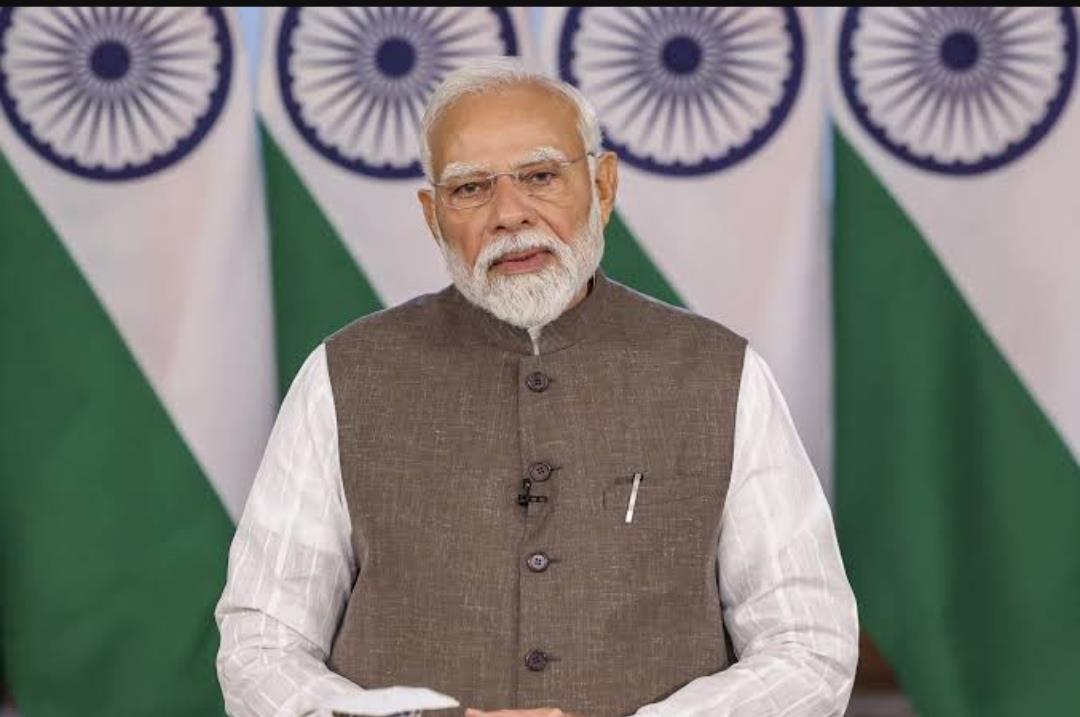A cyclist cools off at a fountain at Madrid Rio park during the second day of the heatwave, in Madrid, Spain, July 25, 2024. REUTERS

A drone view shows the dry banks of Rio Amazonas during a drought in Santarem, Para state, Brazil October 8, 2024. REUTERS

A man drinks from a water bottle under an umbrella as he walks on The Bund amid a red alert for a heatwave, in Shanghai, China August 1, 2024. REUTERS
Summary
- Current policies could lead to 3.1 C warming by 2100
- Nations to discuss updated emissions strategies at COP29 in Azerbaijan
- 1.5 C target likely out of reach without climate overshoot
TORONTO, Oct 24 (Reuters) – Current climate policies will result in global warming of more than 3 degrees Celsius (5.4 degrees Fahrenheit) by the end of the century, according to a United Nations report on Thursday, more than twice the rise agreed to nearly a decade ago.
The annual Emissions Gap report, which takes stock of countries’ promises to tackle climate change compared with what is needed, finds the world faces as much as 3.1 C (5.6 F) of warming above pre-industrial levels by 2100 if governments do not take greater action on slashing planet-warming emissions.
Governments in 2015 signed up to the Paris Agreement and a cap of 1.5 C (2.7 F) warming to prevent a cascade of dangerous impacts.
“We’re teetering on a planetary tightrope,” U.N. Secretary-General Antonio Guterres said in a speech on Thursday. “Either leader bridge the emissions gap, or we plunge headlong into climate disaster”.
Global greenhouse gas emissions rose by 1.3% between 2022 and 2023, to a new high of 57.1 gigatonnes of carbon dioxide equivalent, the report said.
Under current pledges to take future action, temperatures would still rise between 2.6 C (4.7 F) and 2.8 C (5 F) by 2100, the report found. That is in line with findings from the past three years.
“If we look at the progress towards 2030 targets, especially of the G20 member states … they have not made a lot of progress towards their current climate targets for 2030,” said Anne Olhoff, chief scientific editor of the report.
The world has currently warmed by about 1.3 C (2.3 F).
Nations will gather next month at the annual United Nations Climate Summit (COP29) in Azerbaijan, where they will work to build on an agreement made last year to transition away from fossil fuels.
Negotiations in Baku will help to inform each country’s updated emissions-cutting strategy, known as a Nationally Determined Contribution (NDC), which is due in February 2025.
The report suggests that nations must collectively commit to and implement a cut of 42% on yearly greenhouse gas emissions by 2030, and reach 57% by 2035 for any hope of preventing warming beyond 1.5 C — a target now seen as likely out of reach.
Inger Andersen, executive director of the United Nations Environment Programme, urged countries to use the Baku talks to increase action in their NDCs. “Every fraction of a degree avoided counts,” she said.
Reporting by Gloria Dickie in Toronto;Editing by Elaine Hardcastle





